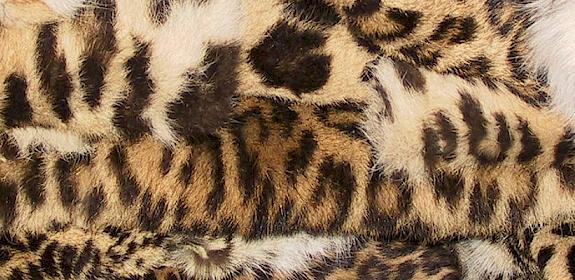Singapore court gets tough on rhino horn smuggler
It was Singapore’s largest seizure of rhino horns – 20 pieces smuggled via air that transited in the island nation en route from Johannesburg, South Africa to Lao PDR in 2022.
This is the maximum term allowed for the offence under the law that was in effect at the time of the seizure and arrest. It is also the heaviest sentence for the smuggling of wildlife parts that the country has issued so far.
Gumede Sthembiso Joel, a South African national, faced two charges under Singapore’s older Endangered Species (Import and Export) Act (ESA) 2006 after he was caught with the horns at Changi Airport: one charge each of transporting 18 pieces of White Rhinoceros horn and two pieces of horn from the Critically Endangered Black Rhinoceros horn into Singapore without a valid permit.
Joint investigations by Singaporean and South African agencies revealed that Joel had agreed to transport the horns from South Africa to Lao PDR for an acquaintance connected to the illegal rhino horn trade in return for flight tickets and money.
Under the ESA 2006, the offender is subject to a fine of SGD 50,000 per species (USD 37,273), or a maximum jail term of two years, or both upon conviction.
Gumede Sthembiso Joel received the maximum 24 months for the white rhino horns and 14 months for the black rhino horns. The judge ordered the terms to run concurrently.
Singapore has since amended its law, doubling the fine and tripling the maximum jail term for illegal trade in the horns of species like the White and Black rhinos, which are listed on Appendix I of the Convention on International Trade in Endangered Species of Wild Fauna and Flora. But these changes only took effect on 1 Nov 2022, after Joel’s arrest.
This isn’t Singapore’s first rhino horn smuggling conviction
In April 2020, another South African man was sentenced to 17 months in jail for trying to smuggle 11 pieces of rhino horn through Singapore to Viet Nam. At the time, it was billed the heaviest sentence meted out in Singapore for the smuggling of wildlife parts.
Two previous cases also involving rhino horns in the country in 2014 and 2018 saw 15-month jail terms issued by the courts.
The case demonstrated the vital role played by those manning x-ray scanners at airports. It was a vigilant security officer who set off a series of actions that led to Joel’s arrest when she noticed boxes wrapped in cling film containing organic items shaped like horns in x-ray scan images.
This is why TRAFFIC has long focused its efforts on creating resources to equip personnel at airports with the knowledge and skills to detect wildlife crime.”
Kanitha Krishnasamy, Director for TRAFFIC in Southeast Asia.
"The more trained eyes and ears we have on the ground, the harder it is for traffickers to get away with smuggling.”
The case is also significant for the DNA analysis that determined the species involved and established links to the loss of at least 11 individual female rhinos and the knock-on impacts of this loss on wild rhino populations.
Singapore is not alone in the region when it comes to the trafficking of rhino horns from African countries and the prosecution of those behind the smuggling.
From January 2021 to December 2023, at least 19 rhino horn trafficking incidences have been recorded in five Southeast Asian countries. About 420kgs of rhino horns have been confiscated, including at least 84 whole horns. Viet Nam seized over half of this volume in 11 incidents.
In December 2021, a court in Hanoi, Viet Nam sentenced a man to a record 14 years in prison for trading and trafficking 55 pieces of rhino horns from the United Arab Emirates to Viet Nam.
Meanwhile, in Malaysia, legal proceedings are underway for two men accused of illegal possession of 50 pieces of rhino horn seized by authorities from a vehicle near the Kuala Lumpur International Airport in September 2018.
Notes:
*Convention on International Trade in Endangered Species of Wild Fauna and Flora




